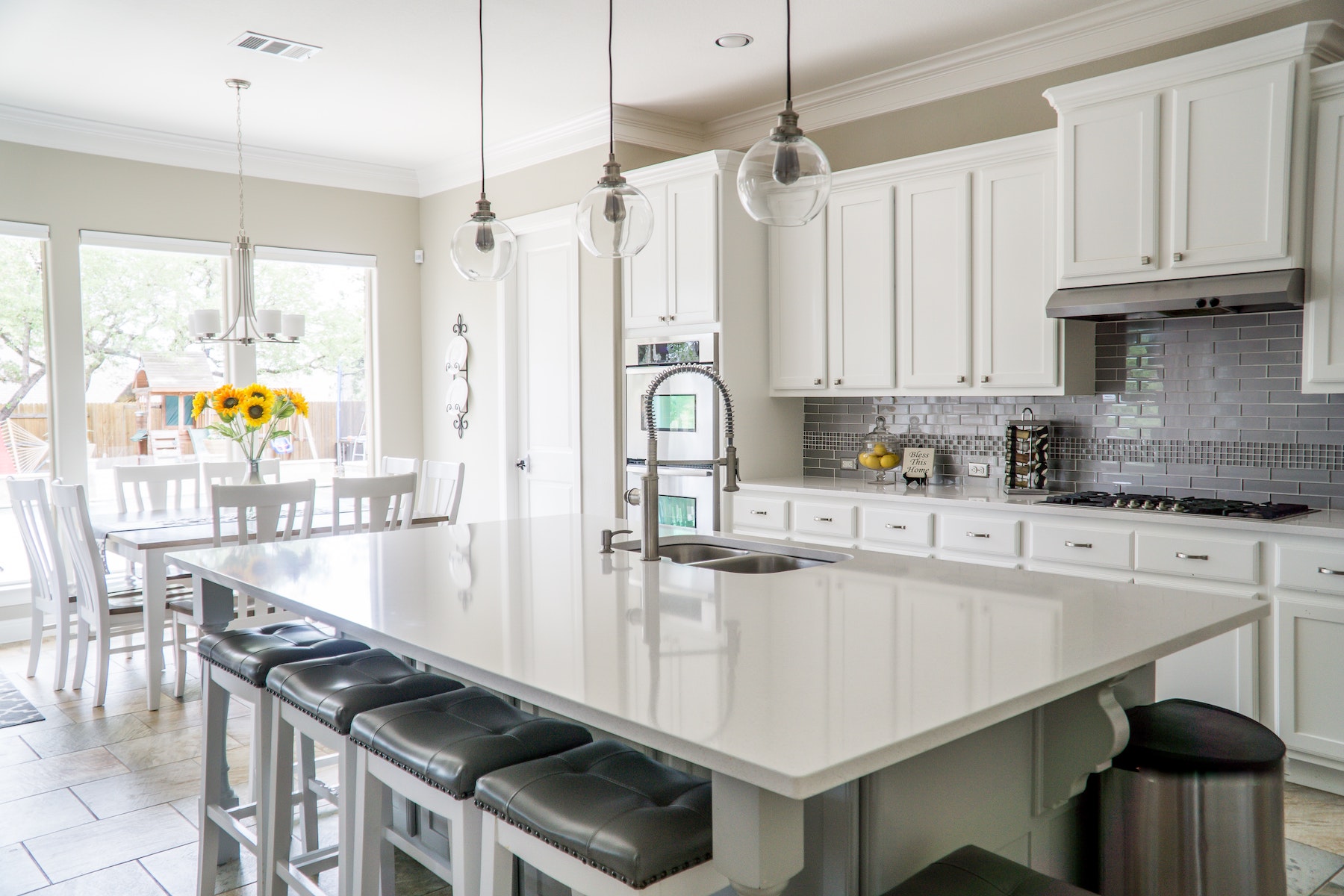
A lease or rental agreement is a legally binding contract between the landlord and those renting the house. It is a document that you must read very carefully before signing it. Under this agreement, both the tenant and the owner have agreed to abide by the terms of the agreement and the rental laws. You need to look out for some essential things to know as a renter before you sign the agreement. Don’t be in a hurry; take your time.
Here are 5 things you need to review before signing a rental agreement-
-
Understand the Agreement and its Details :
You may find it challenging to read through the agreement, but it is important to slowly read and understand your tenancy contract before you agree to it. It is essential to check this because if there are any changes you’d like to suggest, you can negotiate the terms and conditions before signing. Here are some points to read carefully –
- Landlord Details – check the landlord and any other tenant you are sharing the house with, with their name on the contract.
- Rent Tenure – The duration of stay, i.e. the move-in and move-out dates, must be correctly written.
- Security Amount – check if the security amount is mentioned in the agreement.
- Obligations – If you have any obligations, take note of these and check if you agree with them.
- Rent Payment date – the agreement will include the rent payment date; take a note of that and double-check the date.
- Renewal Terms – note the date and tenure of your stay and see the renewal terms, including the condition.
While talking and discussing with the landlord, try to understand what they are willing to negotiate, what they will change and what they want. Accordingly, you can take your decision to settle into the house. In case you feel you need external or third-party advice. Usually, agents are involved in the middle and try to look out for both parties and themselves. So you may want to get a second opinion personally, in case something is making you uneasy about the deal.
2. Visit the House
You should visit the house you will call your home, for example, a student housing in Glasgow, before finalizing. Don’t only trust the pictures you have seen. When you go for the visit, check the amenities like the electrical and water connections and whether they are operational. A visit will also allow you to see if there are any significant damages to the house that you can note down so that the landlord can either get them fixed or it is understood that the damage was from before. You may take photographs/videos to note this down.
3. What Does the Rent Include?
For this, you will have to read the leasing agreement with a fine tooth comb to ensure you have understood what your payment involves. One must not assume that the utilities will be included in the per-month rent.
Another aspect to check is if any additional payment is or is not included in the monthly rent, this can include expenses like – maintenance charges, electricity bills, water bills etc.
Sometimes landlords can charge a service fee, too, so ensure you get a detailed knowledge of what you’re paying for to avoid any surprise charges in the future.
Usually, the agreements also include the description of the amenities per cent of the property. For example, if you are staying in student accommodation in Sheffield, does it include any parking spaces, refugee areas, or terraces? Whether or not you are getting these spaces as part of your rent is something you should ensure is written in the agreement beforehand.
4. Notice Period and Penalty
If either party in the agreement fails to meet the terms, the contract becomes null and void, and the distressed party can seek monetary damages. Due to this, the deal always includes a notice time and a penalty for cancelling the contract before the specified term is completed. In most cases, there is a notice period of 1 month.
5. Deposit Amount
A deposit amount is always required to be paid by the tenant.s this amount is usually decided by the landlord but can be negotiated before the deal is closed. Ensure that the correct amount is written on the contract. Also, check when that amount will be returned to you and under what conditions.
These were essential points to remember as a tenant before you finalize and sign the deal for your new home!
Ref: THSI-2928 | ZD. 25914




 POSTED BY
POSTED BY 

